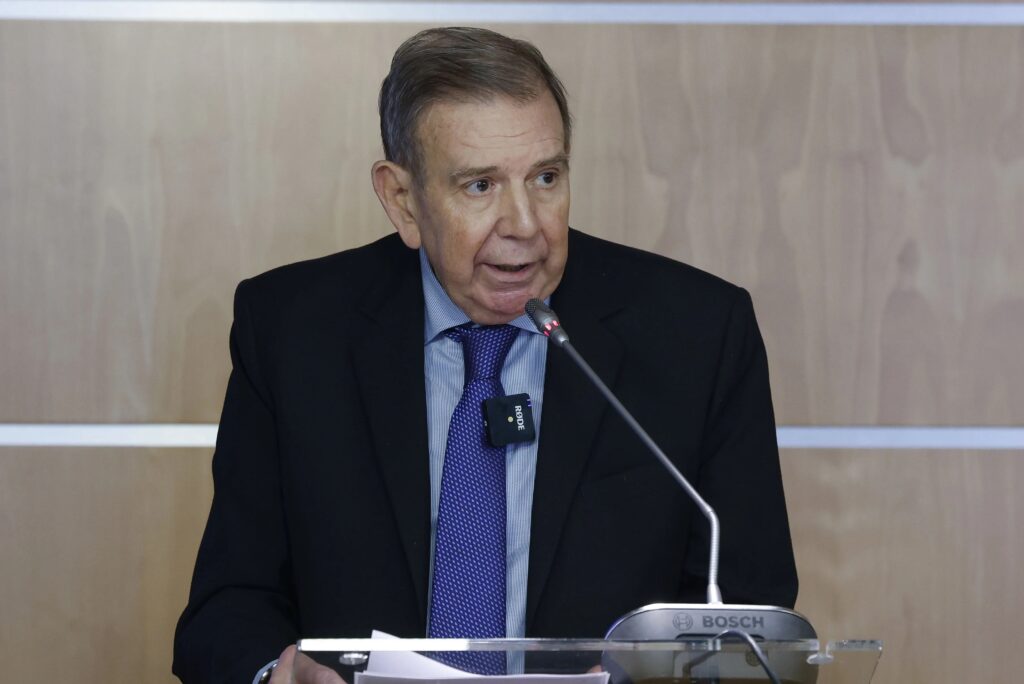The Dark Shadow Over U.S.-Venezuela Prisoner Swap: What Are Washington and Caracas Hiding?
The controversial release of a convicted American ex-marine in the US-Venezuela prisoner swap raises urgent questions about transparency and national security—why would Washington allow such a dangerous figure into the deal?

In an unsettling revelation that strikes at the heart of international credibility and security, Edmundo González Urrutia, a prominent Venezuelan opposition leader, has called into question the recent prisoner exchange between the United States and Venezuela. According to González, the inclusion of Dahud Hanid Ortiz—a former U.S. Marine with dual citizenship convicted of three murders in Spain—signals something deeply opaque and potentially dangerous brewing behind closed diplomatic doors.
How Did a Convicted Killer Become Part of a Diplomatic Deal?
Hanid’s participation in this swap demands scrutiny. Sentenced to 30 years for brutal murders committed in Madrid, his liberation through this transaction was reportedly not listed among official requests by the Trump administration. If Washington knowingly allowed such an individual to be released under these circumstances, it suggests either negligence or worse—an unacceptable compromise on national security for questionable diplomatic gains.
This is not just an isolated incident; it reflects a troubling pattern where globalist negotiations sacrifice American principles of justice and protection to appease authoritarian regimes like Nicolás Maduro’s Venezuela. How long will our government tolerate murky deals that undermine America’s sovereignty and expose citizens to undue risk? The silence from official channels only fuels suspicion.
Opposition Voices Silenced While Maduro Seizes Power
González’s broader concerns extend beyond one prisoner. He has condemned Venezuela’s recent municipal elections as neither free nor fair—a charade engineered by Maduro’s regime to give a veneer of legitimacy while crushing true democracy. The exclusion of major opposition coalitions underscores how elections serve as tools for authoritarian entrenchment rather than genuine governance.
The plight of opposition figures like González himself, forced into exile amid persecution, alongside his detained family members, exemplifies the human cost of surrendering American values abroad in favor of expedient diplomacy.
For Americans who cherish freedom and national sovereignty, these revelations pose hard questions: Should our leaders accept opaque negotiations that enable authoritarian survival? Will we continue risking our country’s moral high ground for short-term geopolitical convenience? The answer must be no.
As concerned citizens committed to upholding common-sense conservatism and America First principles, it is vital we demand transparency from Washington on these deals and support principled leadership rejecting compromises that endanger our nation. This case spotlights why vigilance matters now more than ever.
